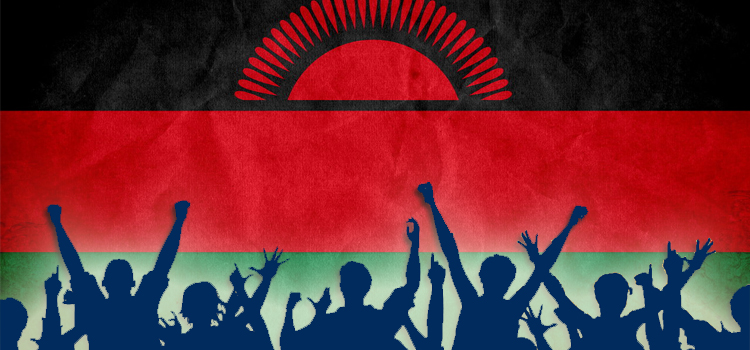I recently received a phone call from a journalist asking my views on authorities refusing to provide information to the media. The context of the story was that a local media institution got rumours that the sacked Zimbabwean Vice President, Emmerson Mnangagwa who has left Zimbabwe had sought asylum in Malawi. In the spirit of fact checking, the media institution contacted Minister of Foreign Affairs to check if the rumours were true. What appears like a simple yes or no answer, the Minister asked for more time and according to this Tweet, the Minister asked the media institution to “send us a questionnaire”.
I know that some information is deemed sensitive and therefore cannot be shared publicly. Perhaps the Minster felt that, this kind of information, given it’s nature has potential to cause a diplomatic spark between Malawi and Zimbabwe. It could also be that the minister did not have any information on the matter – as I have said, it was only a rumour the reporters were seeking clarification for. In both cases it was an easy case of stating what it is: sorry I cannot give you that information because it is sensitive or sorry I, or my office, don’t know anything about that. This would have been fine and there is nothing wrong with it.
Anyway, the issue for me is not whether Malawi has offered Mnangagwa asylum or not – the issue is access to information, or lack of it. [We now know that he wasn’t given asylum in Malawi.]
The vague response points to continuity in which public officials tend to treat journalists and media institutions with contempt – seeing journalists as a nuisance and trouble-makers whose only mission is to embarrass authorities. It is information war, which is unfortunate given that the very foundations of democratic societies, like Malawi are founded on transparency and accountability in which the civil society, not only political elites are key stakeholders. Not only through voting but also daily participation in public life and holding those in authority to account – democracy is a process, not periodic event.
Meaningful citizen participation in public life and democratic processes can only be realised if citizens have access to necessary information that allows them to make informed opinion. One sure way of ensuring that a country has informed citizenry is through access to information, guaranteeing freedom of expression and ensuring freedom of the press. All these rights are in there in Malawi’s Constitution but in practice we always see forces trying to undermine this – not only in Malawi but also in the entire African continent as well as in the so-called mature democracies. There are efforts everywhere to undermine citizens’ access to information.
They say that in war, the first casualty is the truth. In this information war between government and citizens this saying is very true. Malawi government passed access to information after 12 years. The State President assented the bill into law in February this year. Yet, nine months after access to information became a reality there are still no procedures on how the civil society can access information – one can only hope it will not take another 12 years to have such procedures in place. Only 22 of Africa’s 50+ countries have access to information law.
This attests to the gravity of the problem. Even in the so called information age when the Internet has supposedly provided forum for ordinary citizens to engage in public issues – governments have resorted to Internet shutdowns and increased regulations to narrow down spectrums of acceptable participation and engagement. Journalists and media institutions ought to be aware of these facts and perhaps narrow their expectations from public offices. Even in the so-called information age investigative journalism that goes beyond official sources remains crucial. The onus is on the civil society to ensure open and accountable society – in practice not only in theory.



